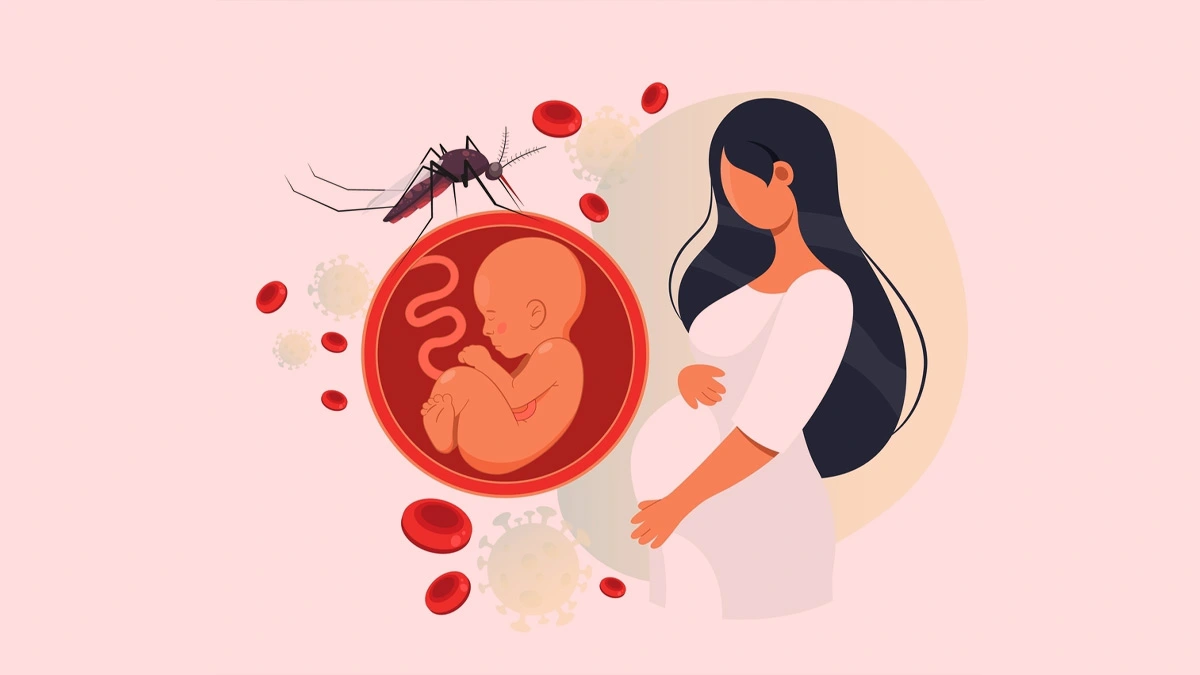Rising Zika virus cases in Pune, with the total number now reaching 19, have posed serious challenge for the health officials. This outbreak is particularly alarming for senior citizens and pregnant women, who are at heightened risk. Health authorities are intensifying efforts to control the spread of the virus and safeguard vulnerable populations.
The Zika virus, primarily transmitted by the Aedes mosquito, has been spreading rapidly in Pune. The recent spike in cases has prompted urgent action from health officials and widespread concern among residents. Among the 19 reported cases, a significant number include senior citizens and pregnant women, raising the stakes in the fight against this viral threat.
Rising Zika Virus Cases in Pune: Threat to Senior Citizens and Pregnant Women
Senior citizens and pregnant women are among the most vulnerable to the Zika virus. The virus can cause severe complications, including Guillain-Barré syndrome in older adults and birth defects such as microcephaly in newborns. Pregnant women are urged to take extra precautions to avoid mosquito bites and seek immediate medical attention if they experience symptoms.
Dr. Aarti Gupta, a senior epidemiologist, highlighted the risks: “The rising zika virus cases in Pune poses a serious threat to pregnant women and their unborn children. We are working tirelessly to educate the public about preventive measures and ensure that those at risk receive timely medical care.”
Symptoms and Spread of Zika Virus
The Zika virus typically causes mild symptoms, including fever, rash, conjunctivitis, muscle and joint pain, and headache. However, in severe cases, it can lead to neurological complications and other serious health issues. The virus spreads through the bite of infected Aedes mosquitoes, which are also responsible for transmitting dengue and chikungunya viruses.
The rising Zika virus cases in Pune have raised alarming concerns for Health officials as they are focusing on mosquito control measures, such as eliminating standing water where mosquitoes breed and conducting regular fumigation in affected areas. Residents are advised to use mosquito repellents, install screens on windows and doors, and wear long-sleeved clothing to reduce the risk of mosquito bites.
Health Department’s Response
In response to the rising Zika virus cases in Pune, city’s health department has ramped up efforts to control the outbreak. Mobile health units have been deployed to conduct screenings and provide medical assistance in high-risk areas. Additionally, public awareness campaigns are being intensified to educate residents about the importance of preventive measures and early detection of symptoms.
“The health and safety of our residents are our top priorities,” said Dr. Ravi Deshmukh, Pune’s Chief Health Officer. “We are coordinating with local hospitals, clinics, and community organizations to ensure a comprehensive response to this outbreak. Our goal is to reduce the transmission rate and protect those most at risk.”
Community Involvement and Preventive Measures
Community involvement is crucial in combating the Zika virus outbreak. Residents are encouraged to participate in local cleanup drives to remove potential mosquito breeding sites and to report any suspected cases of the virus to health authorities. Educational workshops are being conducted in schools, community centers, and places of worship to spread awareness about the virus and how to prevent its spread.
“The fight against the Zika virus requires a collective effort,” emphasized Dr. Gupta. “We urge everyone to stay vigilant, follow preventive guidelines, and support community initiatives aimed at controlling the mosquito population.”
Future Outlook and Preparedness
While the immediate focus is on controlling the current outbreak, long-term strategies are being developed to enhance Pune’s preparedness for future outbreaks. Research into vaccines and antiviral treatments for the Zika virus is ongoing, and health officials are advocating for increased funding and resources to support these efforts.
“Our experience with the Zika virus highlights the need for robust public health infrastructure and proactive measures to prevent outbreaks,” said Dr. Deshmukh. “We are committed to strengthening our response capabilities and ensuring that Pune is better prepared to handle similar health crises in the future.”
As city continues to battle the rising Zika virus cases in Pune, residents are urged to remain informed and proactive in protecting themselves and their communities. The health department’s concerted efforts, combined with community cooperation, are essential in mitigating the impact of this outbreak and safeguarding the health of vulnerable populations.



